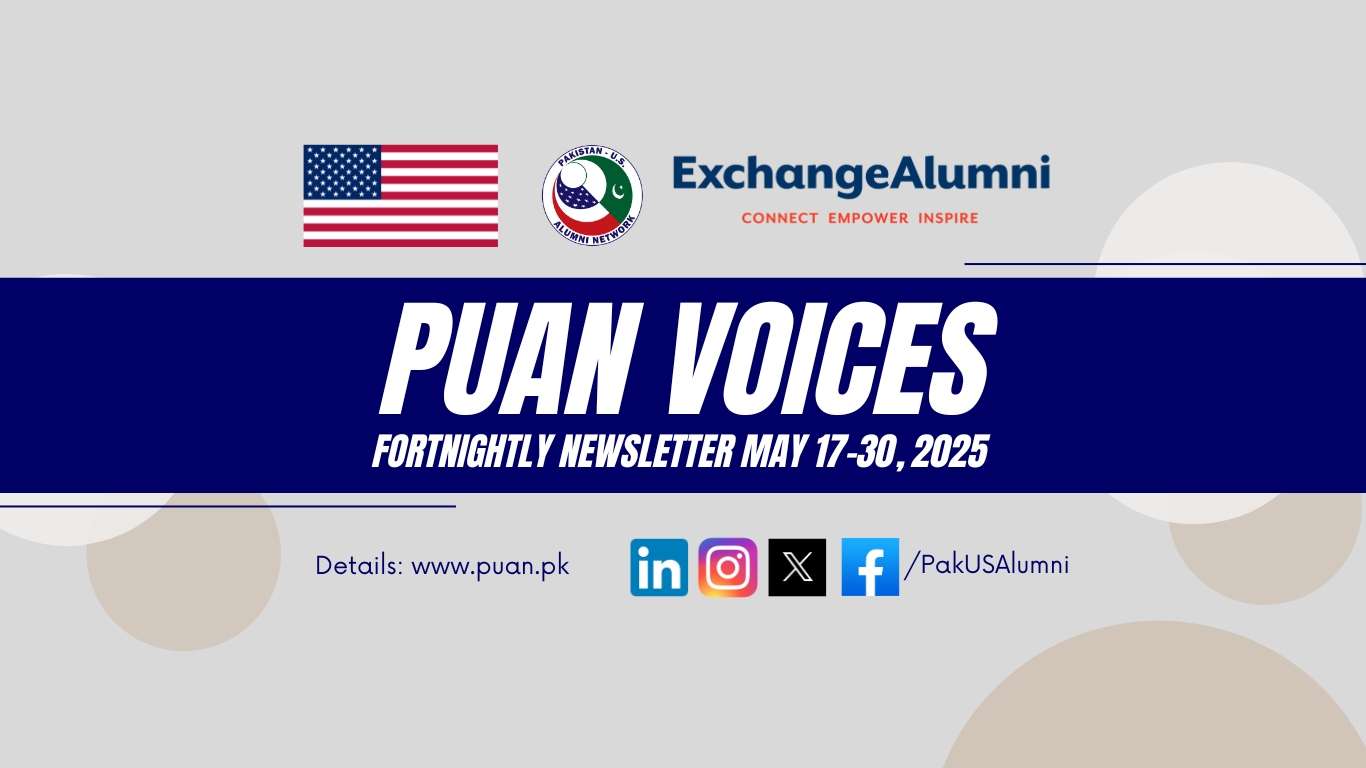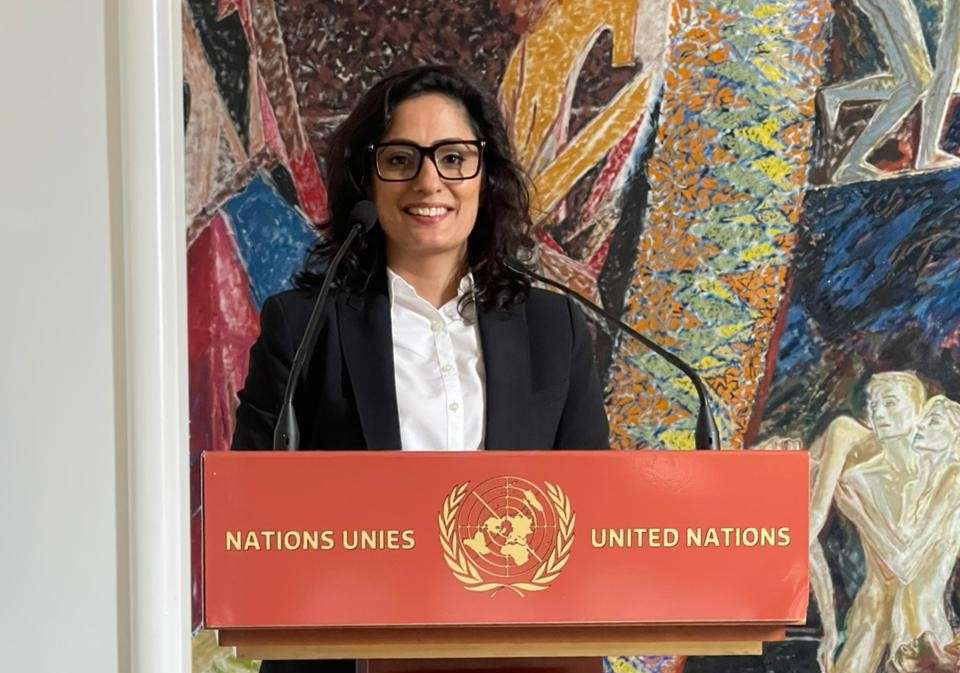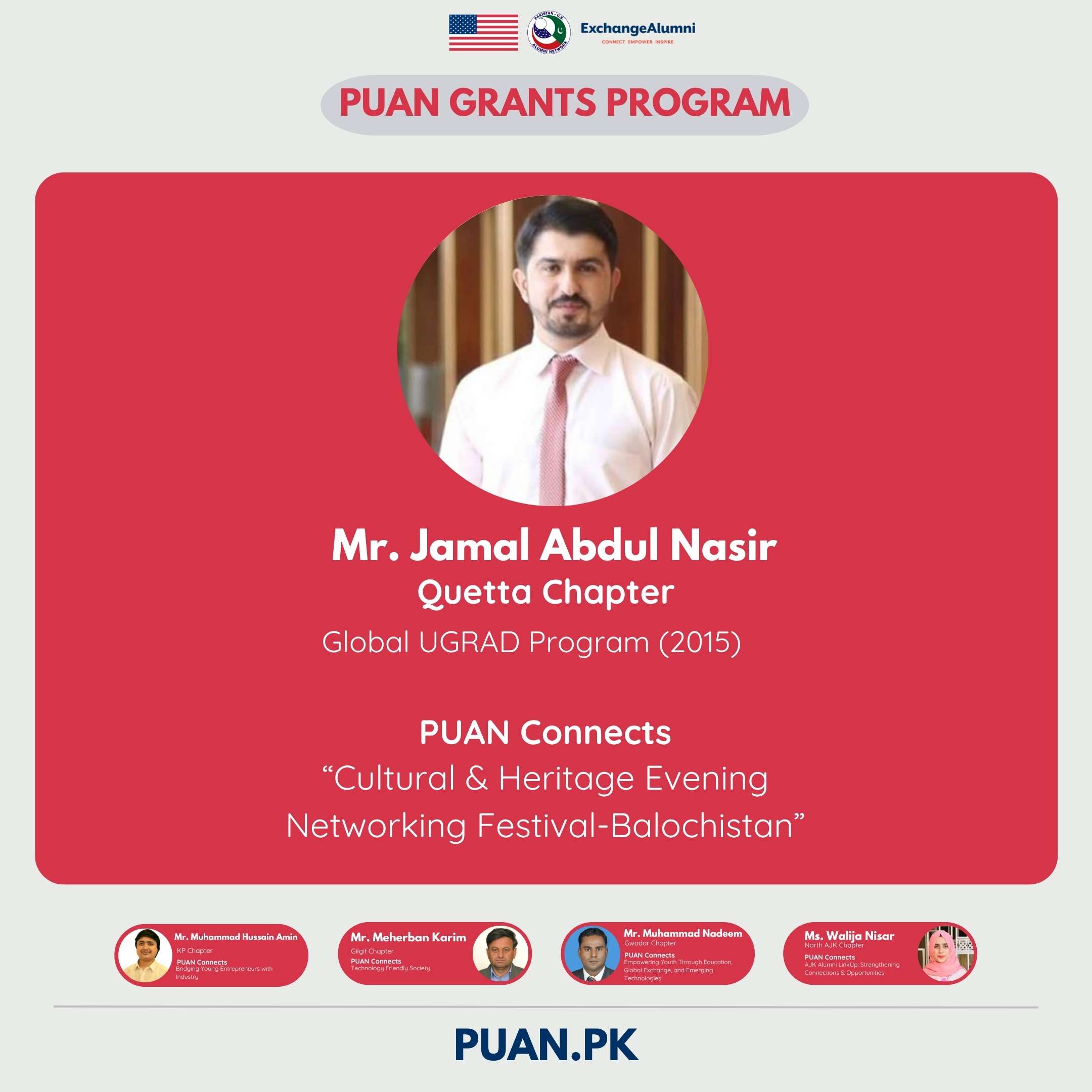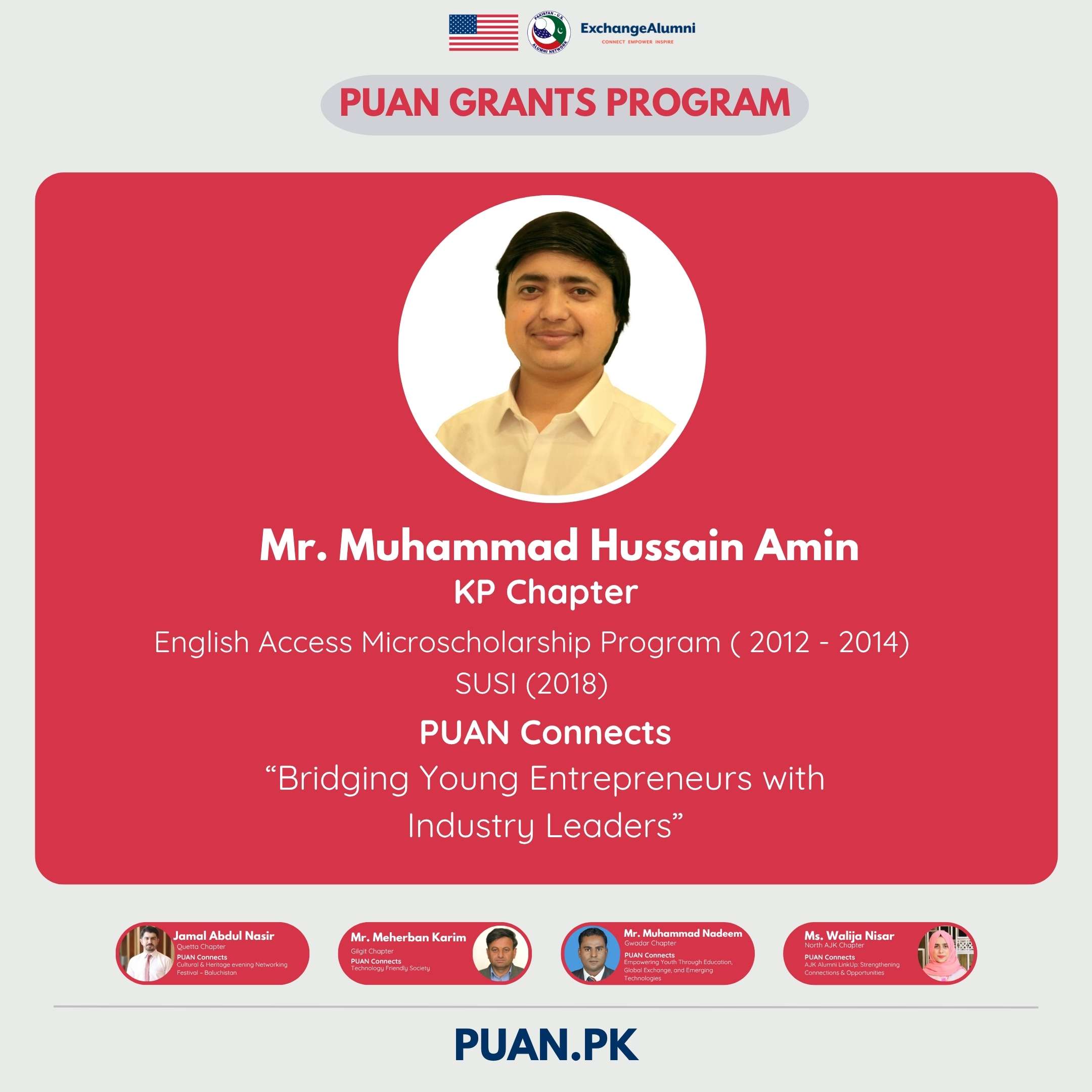Saryal Saeed is a Kennedy-Lugar Youth Exchange and Study Program (KL-YES) alumnus from Peshawar. While he was in the U.S., he had the most interesting coincidence an exchange student from Pakistan could have. His story is a testament to the power of exchanges and cultural diversity as a tool of forging connections.
I was in Washington D.C. for one of our program activities as a KL-YES grantee. By this time, I had adjusted quite smoothly with the public transport system in the U.S and had no inhibitions about traveling on public transport. Like always, I had my headphones on in the Metro Orange line and, as my routine, I was eyeing the view we were passing by. But that day what caught my attention was not a peculiar view beyond the metro, but within! A man wearing a hat that was native to my home province – Khyber Pukhtonkhwa. This hat, known popularly as a Chitrali topi, is not a piece of clothing easily camouflaged into the American attire – it stands out! Especially, if you are dressed up in a suit. I had a burning question in my head: how did he manage to get this hat?
For the first five minutes I was fighting a battle in my head: should I approach the man wearing the Chitrali topi or pretend it is something that has not caught my attention and continue staring out the metro windows? The exchange program by that time had taught me this: don’t be afraid to have a conversation with a stranger. Perhaps, six months back I would not have been able to go up and greet someone I did not know, but I had no inhibitions now. So I went up to him and politely asked if I could take the vacant seat, to which the man in the hat said yes. I am sure my amusement with his hat was clear so I took another leap of faith and introduced myself. His name was Moulik Berkana. From small talk, I jumped to the question that had led me there: how did an American get a Chitrali topi? The response I got after that was not what I had anticipated. Berkana said, “I bought it from Peshawar, Pakistan!”
What! Was I hearing him correctly? What are the chances that I would find an American who had been to Pakistan, and more importantly, someone who had been to my very own city! I suppose this is the power of exchanges – they connect you beyond borders, and in ways, you could never have imagined!
The story actually gets better from here. When I enthusiastically mentioned that I was from Peshawar, I learned that Berkana was working there. I probed further and learned that he was the Public Affairs Officer at the U.S. Consulate in Peshawar. He then asked me the purpose of my visit and I told him I was in the U.S. under the KL-YES program. It was then I learned that Berkana was actively involved in exchange alumni activities. The conversation, however, came to an end there but I got his card and an invitation for a cup of coffee with him in August to tell him more about my experience in the U.S. as an exchange student when he would be back in Pakistan.

On August 19, 2016, I met with Moulik Berkana at the U.S. Consulate General Peshawar, along with other KL-YES alumni. We shared our exchange stories with him over a cup of coffee. I am glad I did not back off from a conversation that day and spoke to him! I owe it not only to the Chitrali Topi for being the perfect conversation starter but largely to the KL-YES program for instilling confidence and courage in me. Exchanges are a powerful tool to build people-to-people connections and strengthen bonds of harmony.
We also took this opportunity to speak with former Public Affairs Officer at the U.S. Consulate General, Peshawar Mr. Moulik Berkana, right before he left Pakistan. Here is what he said:
“I had asked my colleagues to get me the Chitrali hat, mainly because, it is warm and perfect for the D.C. winters. Last April, I did not know that my hat would help me in connecting with an amazing exchange alumnus while in the U.S. The young man was confident and well-spoken and I was impressed by his courage to engage with a complete stranger. I had not imagined that this hat would allow me to connect with a dynamic young KL-YES participant and that too in the U.S.! The exchange alumni network in Peshawar has impressed me with their energy, the quality of their programs, their commitment to giving back to their community through meaningful projects that allow communities to thrive.”
Well, what are the chances that you would stumble across an American diplomat while on your exchange program and meet him again in your own hometown? But if you do have a similar story, write to us at blog@pakusalumninetwork.com





